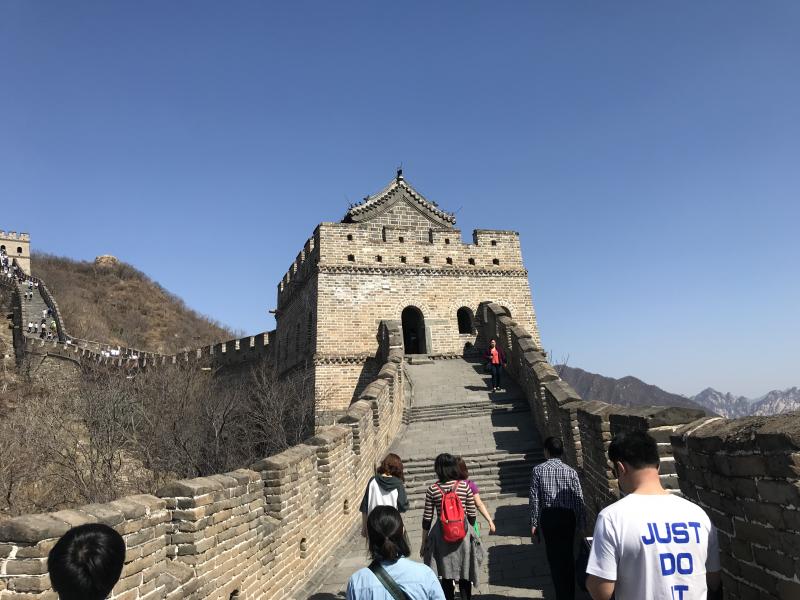×
The Standard e-Paper
Join Thousands Daily

The designers of the Kenyan nation must have been genius. If you look at the borders, they are not really random. The crafters in their wisdom ensured that different tribes were divided between two or more countries.
Think of the Maasai, Oromo, Somali, Kuria and many others. Could that have been part of the long game to ensure that future governments would be kept busy? Homogeneity was dispensed with. Quite curious, considering that populations of most European countries are very homogeneous.